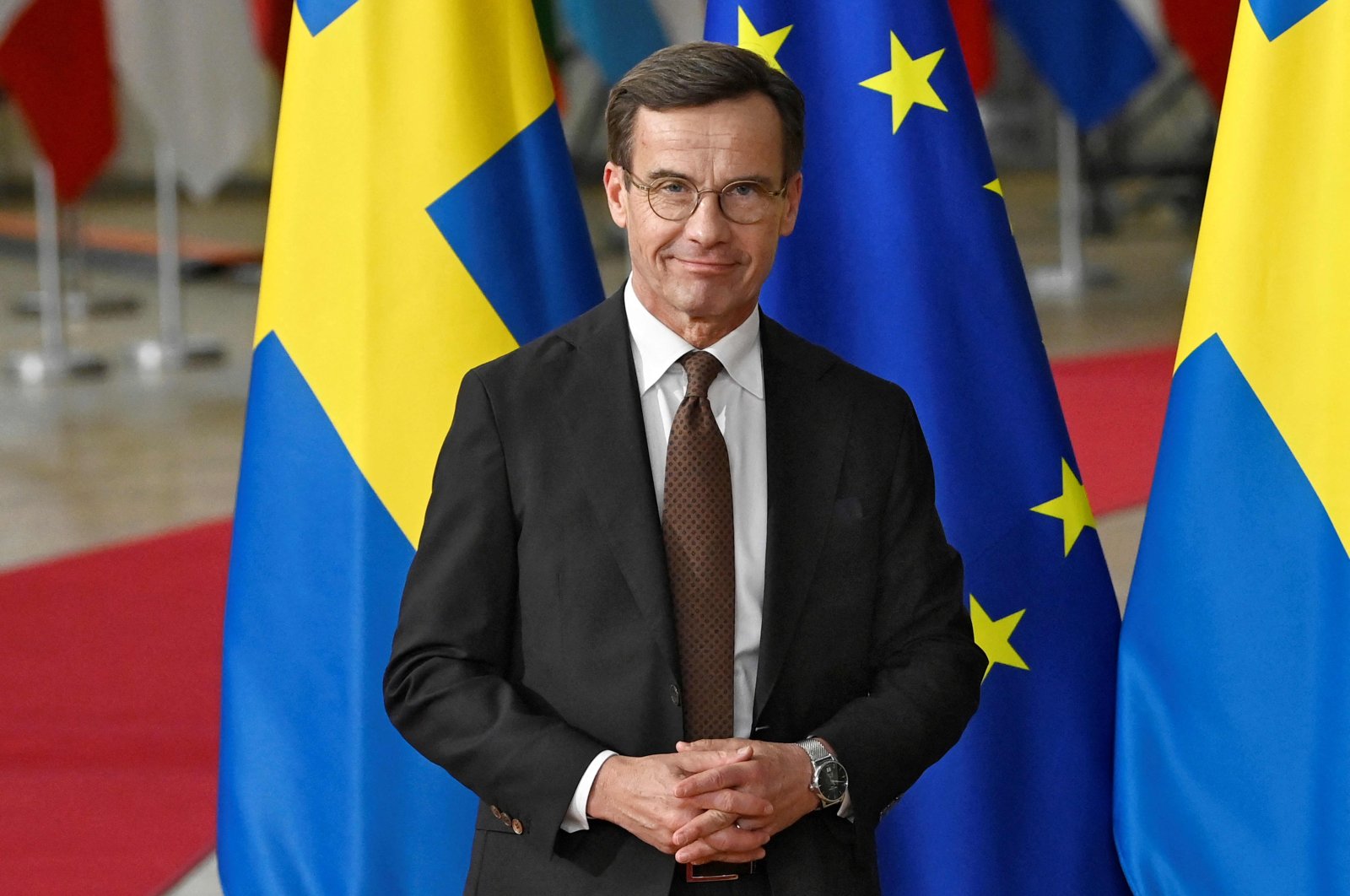“Sweden is taking over the Presidency at a time when the Union is facing historic challenges,” Prime Minister Ulf Kristersson said in mid-December.
In a statement on his website, he cites the Ukraine war, the battle against climate change and European competitiveness as key issues that need to be tackled. Sweden’s priorities are to focus on “a greener, safer, and freer Europe.”
Kristersson and his Cabinet are still relatively unknown faces on the EU stage.
The conservative government has only been in office for about two and a half months, replacing that of Social Democrat Magdalena Andersson.
Kristersson is the first Swedish head of government ever to work closely with the right-wing populist Sweden Democrats.
The populists are not in the government, but as the second strongest parliamentary force and with more seats than Kristersson’s party, The Moderates, they still have a lot of power in Stockholm.
Despite the EU skepticism of this supporting party, Sweden’s EU Minister Jessika Roswall declared that her government “will give high priority to EU work.”
In foreign policy, it is expected that Sweden will give priority to the Russian-Ukrainian conflict. The country will prioritize the continuation of military and economic support to Ukraine and believes that Ukraine’s EU accession process should also be supported and further steps are taken to rebuild the country.
Stockholm is also keen to intensify contacts with the countries concerned.
Referring to the importance of the security situation in the Balkans, it stated that stability and security in the eastern Mediterranean are in the EU’s strategic interest.
Sweden also believes that cooperation and mutually beneficial relations with Türkiye are important for the EU’s strategic interests.
The Swedish government, which advocates keeping the transatlantic ties with the U.S. strong, will also try to direct its economic policies in the environment brought by the protectionist economic decisions of the U.S. administration that may adversely affect the European countries.
The 27 members of the EU rotate the presidency every six months
Source:dailysabah.com
